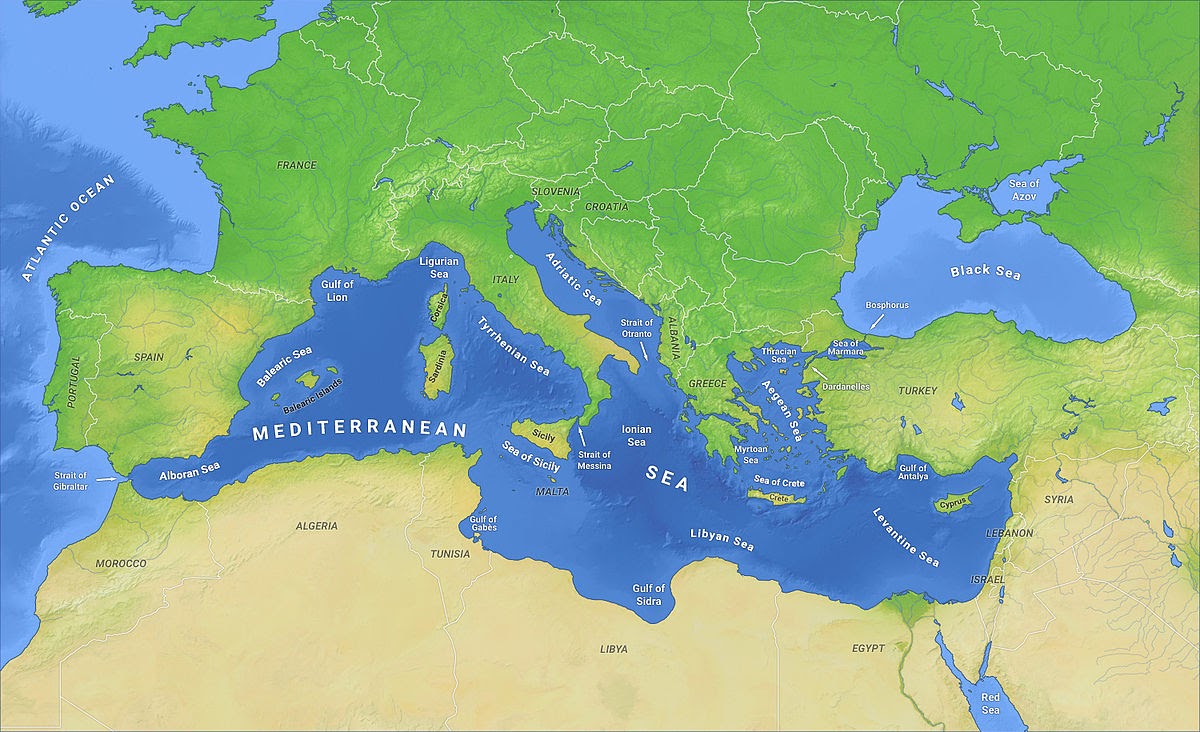7667766266
enquiry@shankarias.in
Medicanes

O-SMART Scheme
Destination North East-2020
NERCORMP
Cyanobacteria
African Elephant
Botswana
Komodo Dragon
Source: Down to Earth, the Hindu, Indian Express